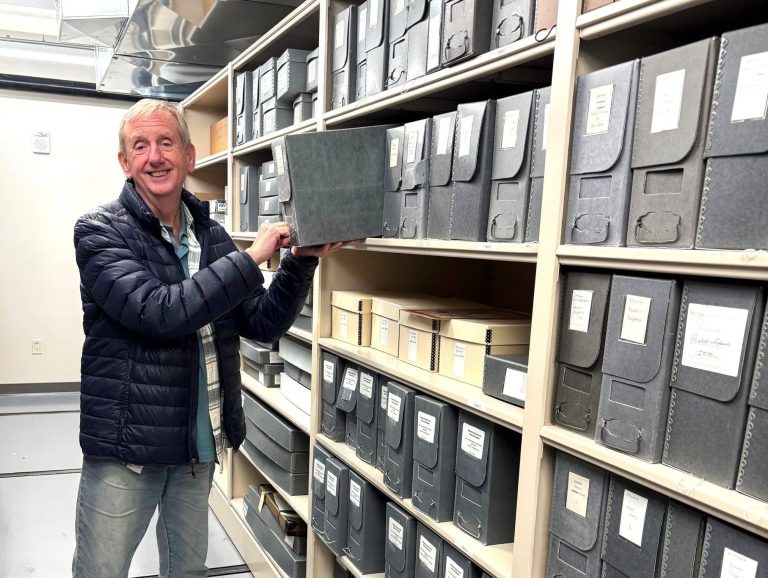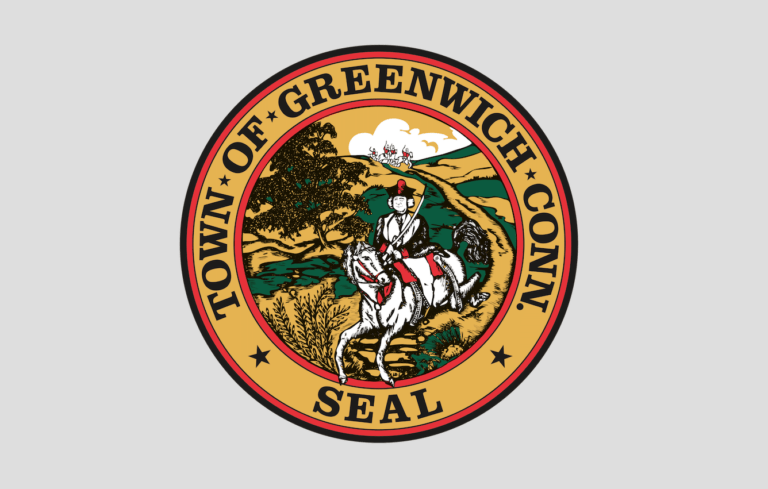Dr. Maxwell Grant
What still brings – and holds – us together right now?
Sometimes in these days, I wonder.
Most of the time, I tend to see our differences in rosy terms.
But lately, our differences seem to offer some the broadest possible permission to discredit, mock, and hurt others, teaching us not only to hate, but to downright enjoy doing it, and to find and maintain community (such as it is) through little more than a catalog of shared hatreds, and to find our bliss in a mutual talent for meanness.
We have arrived at a moment when so much of our common life seems delighted by its own worst impulses. You don’t need to look very far to see it.
But: faith insists that there is a more excellent way. Not that it’s easy.
My ordination to the Christian ministry was on a beautiful early June day in a small country church in Litchfield County. What a day it was. My own emotions and hopes were many, and the “charge to the new minister” a sermon after the official sermon (we Congregationalists love sermons), managed to be both utterly humbling and profoundly inspiring at the same time, which is about right.
My wife and I closed down the reception, full of cake and lemonade as evening came, and so, carefully laying flat my new robe and red ordination stole on top of everything else in the trunk of our car, we drove back to New York City, where we lived, feeling deeply blessed by the day, all that had led up to it, and all that beckoned in the future. I could have flown home on my own wings.
It didn’t last.
The next morning, I was late for work, muscling my way through the closing doors of a packed subway car, turning my shoulder to the side like a linebacker who wasn’t there to make friends. Certainly, I wasn’t there to make friends.
Which is, of course, why Divine Providence arranged to have one of my friends riding in that very car, and with a clear view of my determined arrival and of the embattled scowl on my face that surely announced it.
“Heyyyyy…” he said uncertainly. “How was your ordination? Wasn’t it (and here they paused ever so briefly)… yesterday?”
And I have to say, it was really then that the full weight of my new vocation descended upon me.
In my embarrassment, I realized it was no longer enough for me to proclaim my hopes—my sense, for example, that “doing unto others” was a fine idea and that more folks should step right up with that.
In a whole new way, I was accountable for those hopes and needed to be more committed to that work than ever, starting with myself.
Many folks remember what the Apostle Paul describes as a “more excellent way” in First Corinthians 13.
In that moment on the subway, I truly understood for the first time that Paul was trying to tell faithful people about our way. About how our lives were supposed to look.
And it wasn’t hypothetical. It was pretty much the deal.
I suppose that today, I am remembering that June moment from years ago for a few reasons.
Yes, the anniversary of that day is fast approaching.
But more than that, I realize how challenging but central that work remains. To live as a faithful person means pushing past so many of our first (and often some of our most petty) impulses and working to live differently, which is something we realize that we can only do with God’s guidance and help.
Paul expands on this in other passages throughout his letters.
1 Corinthians 12:18-20: “But in fact God has placed the parts in the body, every one of them, just as he wanted them to be. If they were all one part, where would the body be? As it is, there are many parts, but one body.”
Here, the Apostle Paul uses the metaphor of a body to demonstrate how every individual, despite their differences, has a specific role to play in the grand scheme of things.
Galatians 3:28: “There is neither Jew nor Greek, there is neither slave nor free, there is neither male nor female, for you are all one in Christ Jesus.”
In this passage, he makes clear that in the eyes of God, all are equal, and that God’s love extends across our many ethnic, social, or gender differences, and so often beyond our all-too-limited human expressions of partiality and even comfort.
Yes, faith insists that there is a more excellent way.
1 John 4:7-8: “Dear friends, let us love one another, for love comes from God. Everyone who loves has been born of God and knows God. Whoever does not love does not know God, because God is love.”
It’s a way that still holds out hope for us, calling us to imagine a world where differences have room to enrich and teach us, if they can, and where we are pushed to hold more in common, if we can.
I think we can. My prayer is that we will.
Dr. Maxwell Grant is the Senior Minister of Second Congregational Church.



